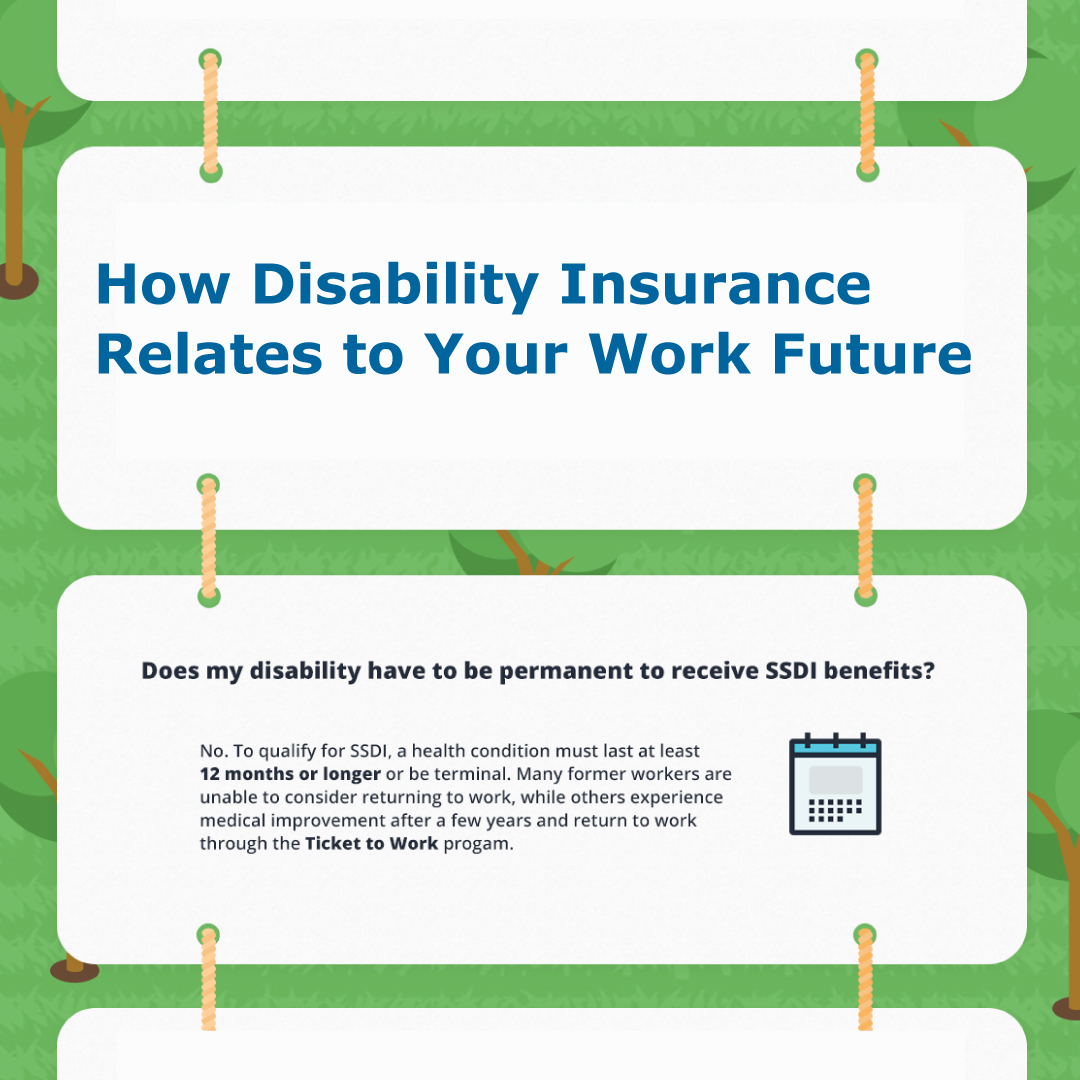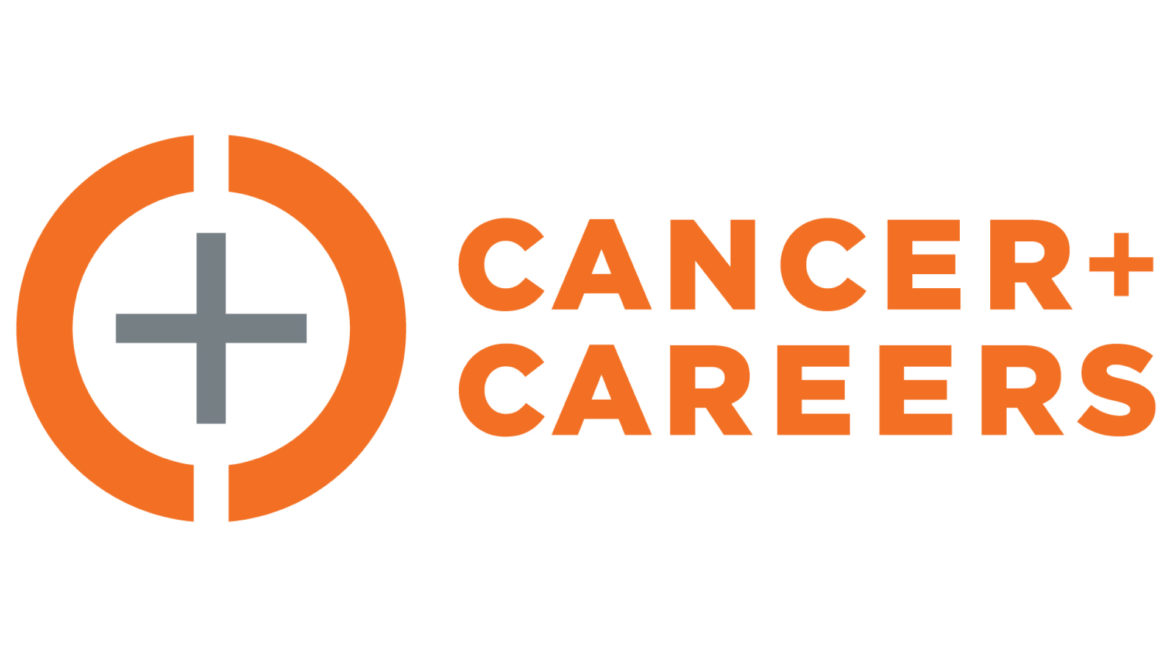Disability Insurance Awareness Month: Does Your Disability Have To Be Permanent?

NOTE: In May, Allsup is posting a series of blogs on Disability Insurance Awareness Month, a time when organizations join together to raise awareness about protecting your income following a disability. This series will take you through common questions about disability insurance.
Someone’s disability does not have to be permanent to receive approval for Social Security Disability Insurance (SSDI) benefits, but it does need to be severe. This means a couple of things are very important to your claim: Your disability needs to be (1) medically documented and (2) long-term, so lasting at least 12 months, or terminal.
Sometimes, individuals apply for SSDI benefits while they are recovering from a surgery, fracture or other injury from which they will most certainly recover. The important distinction is demonstrating to Social Security that your health condition disrupts your working ability for a year or longer.
In addition, SSDI does not provide benefits for a partial disability. An individual must be completely unable to work. If you’re unsure whether your situation could qualify for SSDI, you can take this free online assessment to find out.
If your condition improves while you are waiting for a decision on your claim, all is not lost. You may still be eligible for a time-limited payment for the “closed period” where you were completely unable to work and support yourself. Working with an expert representative like Allsup can help you through these tricky situations when your medical status has changed.
In addition, when a health condition lasts a year or longer, it’s still possible to experience medical improvement and return to work. Some estimates are that 5%-18% of people receiving SSDI may experience medical recovery and could return to work at some point in the future. For SSDI recipients, this is important to remember because disability insurance only replaces a portion of work-based earnings, not the full amount. Working again, if possible, can provide greater financial stability.
If you’re already receiving SSDI, returning to work may be a realistic goal. The Ticket to Work (TTW) program makes that transition easier, and has already helped hundreds of thousands of people re-enter the workforce after a disability. And should you someday acquire a disability, the TTW program can help you get your life back on track. When you are ready to go back to work visit AllsupEmploymentServices.com to begin the process.
Visit our eligibility page on Allsup.com, take our free online assessment, or call (800) 678-3276 to learn more about filing a claim for SSDI benefits. You may also visit our introduction to SSDI page to learn more about what is needed to qualify for Social Security disability.
Allsup
Related Articles

Disability
Lupus Awareness Month: Making Lupus Visible

Disability
Navigating Work After Cancer: Free Cancer and Careers Events

Disability
Consistency & Community Matters: Brain Injury Awareness Month

